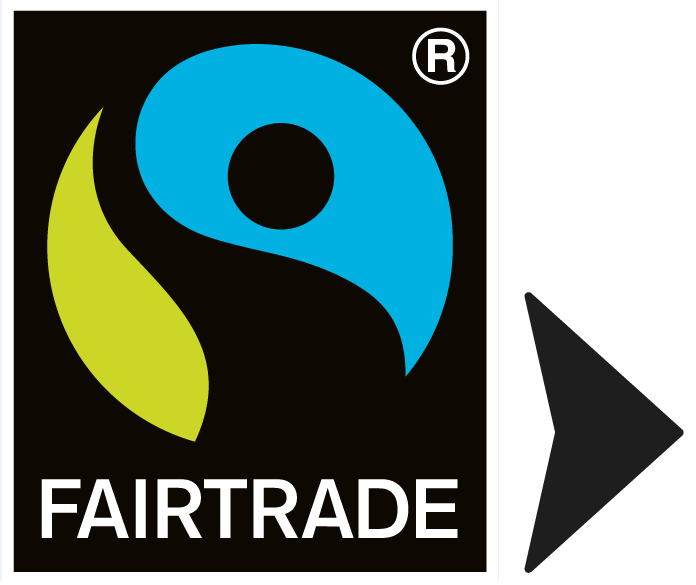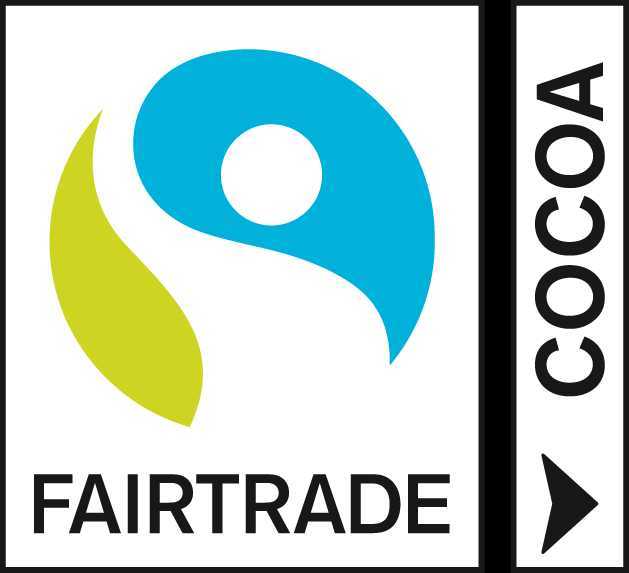Sustainable Procurement: How to Source Materials Ethically
How are products sourced ethically and how can sourcing and fair trade initiatives help businesses make their procurement activities more sustainable?
Each player must accept the cards that life deals him or her. But once in hand one must decide how to play the cards in order to win the game.(Voltaire, French philosopher 1694-1778)
Defining the concept of ethical sourcing of products
…the process of ensuring the products being sourced are obtained in a responsible and sustainable way, that the workers involved in making them are safe and treated fairly and that environmental and social impacts are taken into consideration during the sourcing process.
…respect international standards against criminal conduct and human rights abuses and respond to these issues immediately if identified.(CIPS 2009)
Sourcing locally
…sourcing, purchasing or procurement of food, ingredients and other consumable products from within a specific radius from where they will be used, or from a given geographical area.(CfD 2016)
…definitions related to geographic distance between production and sales vary by regions, companies, consumers, and local food markets. (USDA 2010)
Fair trade schemes
The 10 principles of fair trade
| Principle | Further explanation |
| Principle 1. Create opportunities for economically disadvantaged producers | Reduce poverty by making producers economically independent |
| Principle 2. Act with transparency and accountability | Involve producers in important decision making |
| Principle 3. Trade fairly | Trade with concern for the social, economic and environmental well-being of producers |
| Principle 4. Pay a fair price | Pay producers a fixed price by mutual agreement, ensuring socially acceptable wages depending on the location |
| Principle 5. Ensure no child labour and forced labour | Adhere to the United Nations Convention on children’s rights |
| Principle 6. Commit to non-discrimination, gender equity and women’s economic empowerment and freedom of association | Respect the trade union rights and rejecting discrimination based on gender, religion or ethnicity |
| Principle 7. Ensure good working conditions | Provide a safe and healthy working environment for producers and workers in line with the International Labour Organization conventions |
| Principle 8. Provide capacity building | Seek to develop the skills of producers and workers so they can continue to grow and prosper |
| Principle 9. Promote fair trade | Raise awareness for the need for greater justice in world trade by trading fairly with poor communities |
| Principle 10. Respect for the environment | Care for the environment by maximising the use of sustainable energy and raw materials while minimising waste and pollution |
Fairtrade mark
 The core FAIRTRADE Mark The core FAIRTRADE Mark |
 The FAIRTRADE Sourced Ingredients Mark The FAIRTRADE Sourced Ingredients Mark |
Your task
Look for the WFTO label to identify three products from verified fair trade businesses. Select one of them and explain what actions the business has undertaken to audit itself and its suppliers against the 10 principles of fair trade.
References
CfD (2016) ‘Sourcing Locally’.Chefs for Development available from https://chefs4dev.org/index.php/sourcing-locally/ [8 July 2019]
CIPS (2009) ‘Sustainable Procurement Knowledge Summary’. CIPS Knowledge Works [online]. UK Chartered Institute of Procurement and Supply. available from https://www.cips.org/en-GB/knowledge/procurement-topics-and-skills/sustainability/sustainable-and-ethical-procurement/sustainable-procurement/ [8 July 2019]
Crone, M. (2002) ‘Local Sourcing by Multinational Enterprise Plants: Evidence from the UK Regions and the Implications for Policy’. Environment and Planning C: Government and Policy 20 (1), 131-149
Fairtrade UK (2019) ‘Fairtrade and Sustainability Standard of Living: Income and Food Security, Reduced Risk and Vulnerability’. London: Fairtrade Foundation
Johannessen, S., and Wilhite, H. (2010) ‘Who Really Benefits from Fairtrade? An Analysis of Value Distribution in Fairtrade Coffee’. Globalizations 7 (4), 525-544
Knowledge Works (n.d.) ‘Sustainable Procurement’. Knowledge Works [online]. UK Chartered Institute of Procurement and Supply. available from https://www.cips.org/en/knowledge/procurement-topics-and-skills/sustainability/sustainable-and-ethical-procurement/sustainable-procurement/ [8 July 2019] You will need to register with the CIPS to view the document
Linton, A. (2008) ‘A Niche for Sustainability? Fair Labor and Environmentally Sound Practices in the Specialty Coffee Industry’. Globalizations 5 (2), 231-245
Meehan, J., and Bryde, D. (2011) ‘Sustainable Procurement Practice’. Business Strategy and the Environment 20 (2), 94-106
USDA (2010) ‘Local Food Systems: Concepts, Impacts, and Issues (ERR-97)’. Economic Research Service/United States Department of Agriculture (USDA) [online]. available from https://www.ers.usda.gov/publications/pub-details/?pubid=46395 [8 July 2019]
WFTO (2017) ‘10 Principles of Fair Trade’ [online]. available from https://wfto.com/fair-trade/10-principles-fair-trade [8 July 2019]
Sustainability and Green Logistics: An Introduction

Sustainability and Green Logistics: An Introduction


Reach your personal and professional goals
Unlock access to hundreds of expert online courses and degrees from top universities and educators to gain accredited qualifications and professional CV-building certificates.
Join over 18 million learners to launch, switch or build upon your career, all at your own pace, across a wide range of topic areas.
Register to receive updates
-
Create an account to receive our newsletter, course recommendations and promotions.
Register for free







